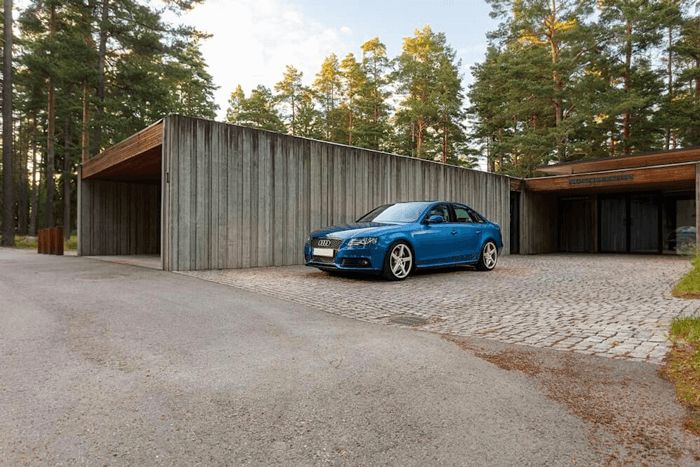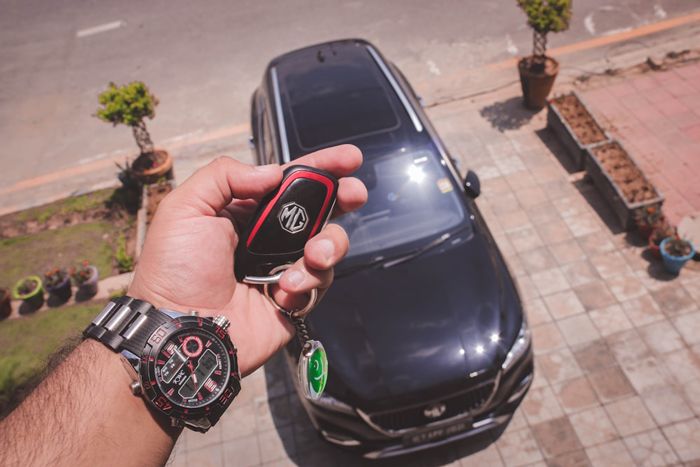
Buying A Used Car Privately: What to Look Out For
When buying a used car privately, you're taking a step to potentially save money compared to purchasing from a dealership. However, this approach requires careful attention to ensure the vehicle is both a good deal and a reliable investment. This guide will help you understand what to watch for, the essential paperwork, how to handle payments, and offer a detailed checklist for inspecting the vehicle.
Red Flags to Look For
One of the first things to check when viewing a used car is the paint condition. Mismatched paint or sections that appear newly painted may indicate recent repairs following an accident, suggesting underlying damage. Equally, the alignment of body panels should be consistent; gaps or misalignment can suggest the car has been involved in a collision. Under the hood, look for any signs of leaks, corrosion, or worn belts and hoses, which can all be costly to address after purchase.
It's important to check the oil and coolant — milky or frothy oil can indicate a blown head gasket, which is a serious issue. Watch for excessive exhaust smoke: blue smoke shows oil burning while white smoke might mean coolant is leaking. Be cautious with sellers who avoid questions about the car’s history or seem reluctant to provide important documents; this could indicate problems they are trying to hide.
Essential Paperwork
Proper documentation is critical in any vehicle transaction, especially when buying privately. Ensure that the registration papers are in order and that the seller’s ID matches the owner details on these documents. A thorough review of the service records can give you insight into how well the vehicle has been maintained.
In some areas, a roadworthy certificate is necessary to confirm that the car meets minimum safety standards at the point of sale. Conducting a Personal Property Securities Register (PPSR) check is essential—it will tell you if the car has any outstanding debt, if it's been previously written off, stolen, or if there are any encumbrances against it.
Safe Payment Practices
Discussing and agreeing on a secure method of payment is a vital step in the private sale of a used car. Carrying large amounts of cash has its risks, so consider safer options such as a bank transfer, which also provides a clear record of payment. If a deposit is agreed upon, only pay this after you have conducted a comprehensive inspection and decided to proceed with the purchase. It's crucial that the terms regarding the deposit, including conditions for its return, are clear and agreed upon in writing.
Comprehensive Used Car Inspection Checklist

Exterior
Start with a thorough check of the car’s exterior. Look for any signs of rust, dents, and scratches, which can be more than just cosmetic issues but signs of deeper problems. Ensure all panels align correctly without gaps; misalignment could indicate past accidents. Using a magnet on different parts of the body can help you detect areas with body filler, which is often used to repair damage from collisions.
Interior
Examine the condition of the upholstery and trims for excessive wear. All electrical components, including windows, locks, and lights, should be functional. Check the effectiveness of the air conditioning and heating system, as repairs can be expensive.
Mechanical
Visually inspect for any leaks or puddles under the vehicle, which could indicate issues with oil or coolant systems. Start the engine with the bonnet open and listen for any unusual noises like rattling or knocking, which could suggest mechanical issues.
Taking the car for a test drive is crucial; it should steer smoothly, brakes should function effectively without pulling to one side, and the transmission should shift smoothly without hesitation.
Tyres
Inspect the tyres, including the spare, for adequate tread depth (at least 3-4mm) and check for even wear, as uneven wear could indicate problems with the steering or suspension.
After the Sale
After deciding to purchase the vehicle, make sure to arrange for insurance coverage immediately—before driving the car away. The next step is to transfer the registration into your name, a process that typically needs to be completed within a few days of the sale.
Trust OnlyCars.com.au for Private Car Sales
Purchasing a used car privately requires diligence and careful inspection, but with the right approach and thorough checks, you can ensure that your new vehicle is a sound investment. Always take your time, don’t rush the decision-making process, and be prepared to walk away if too many issues arise.
With thousands of listing from verified, private sellers, OnlyCars takes the risk out of buying. If you're on the hunt for a used car, explore our range of used cars for sale and start your journey to ownership with OnlyCars.
Once you've found the right car, the next step is sorting out car finance that actually works for your budget. Credit One is Australia's best-reviewed finance broker, with 3,000+ five-star Google reviews from customers who've been through the process. Check out Credit One reviews to see what people say, or head straight to the loan repayment calculator to see what the numbers look like.